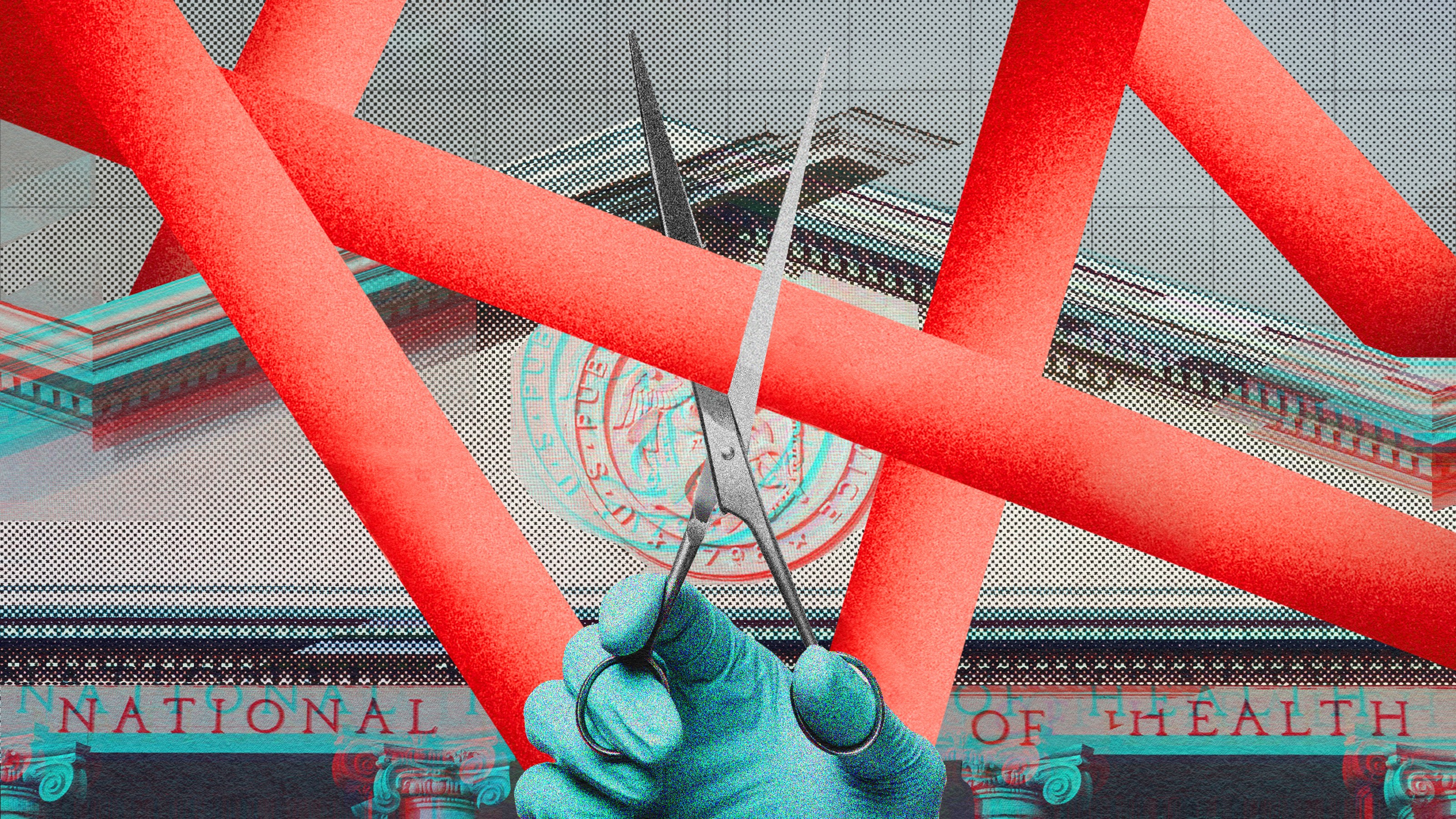Think Culture is Expensive? Try Ignorance.

The National Endowment for the Arts has a new director and a new slogan—forget “A Great Nation Deserves Great Art”. Late last week Broadway producer Rocco Landesman was confirmed by Congress as the new head of the NEA. Landesman is being quite open about the changes he envisions: besides the new slogan reminding people that artists are gainfully employed just as mill workers are, and that the arts help to improve the economy by enlivening urban areas, Landesman himself will work to increase the NEA budget. He is calling the current arts budget “invisible” and “embarrassing”. Quite.
The United Kingdom has one fifth the population of the United States, but its public arts budget is massive by comparison. For the upcoming year, the U.K.’s NEA, called the Arts Council, will doll out nearly £350 million plus a £40 million stimulus boost totaling £390, or $643 million. The NEA budget for 2009 is $161 million (peep).
The NEA budget was cut nearly in half in 1996 when its ability to sponsor individual artists was revoked by Congress. The funding cut was a result of controversy caused by artists like Robert Young and Andres Serrano (remember the Piss Christ?) who tested the limits of artistic sexual expression with NEA funding. The NEA remains prohibited from funding individual artists.
While funding for the arts is “inefficient” in that it doesn’t necessarily produce a readily consumable good, I remember seeing some graffiti in France that read, “Think culture is expensive? Try ignorance”.
A publicly funded arts model seems to be working comparatively well in England. The British Broadcasting Corporation, or BBC, while not being directly underwritten by the government is funded by a television licensing fee (yes, a tax). If you own a TV, you pay the fee. One result is user-friendly content. So until the U.S. sees the light on this one, take advantage of these tools for artists of all media compliments of the BBC.





